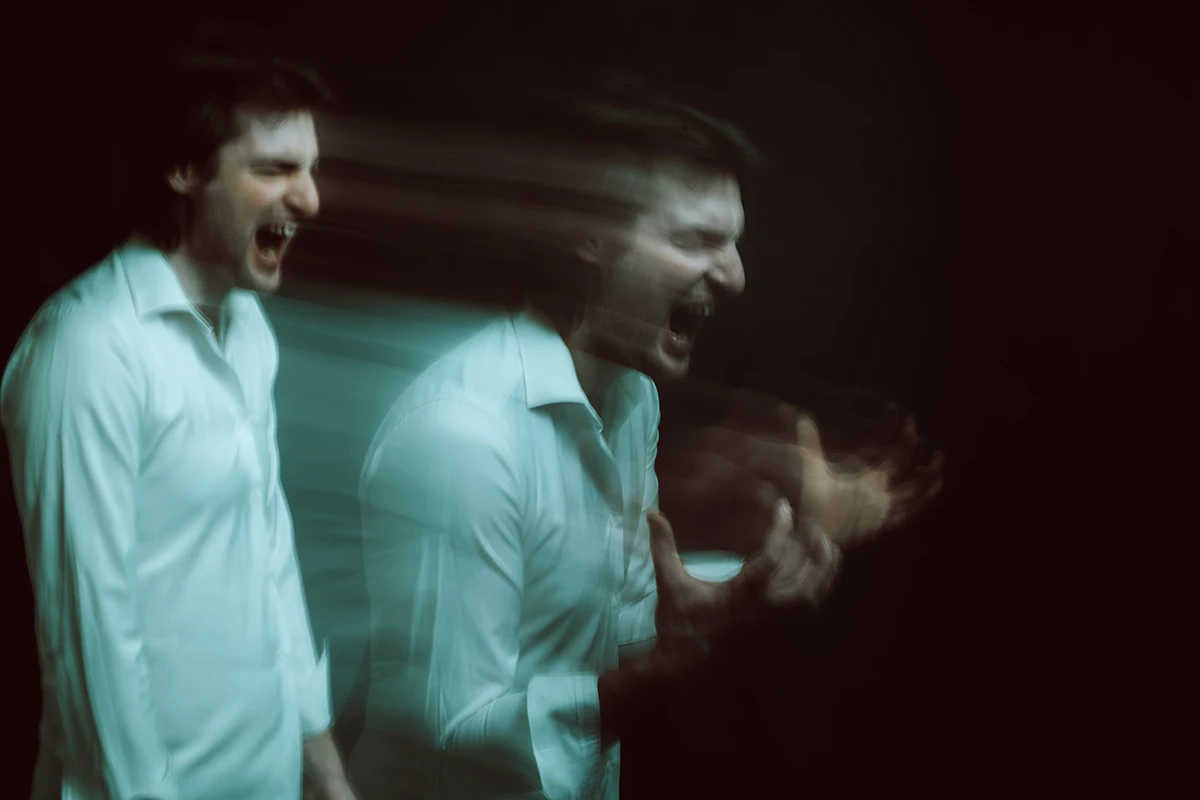Gabapentin is an amino acid in the class of medicines called anticonvulsants. It is an analog of GABA (gamma-aminobutyric acid).
It is a prescription medicine that is used to prevent and control seizures and is also used in neuropathic pain (Pain due to brain nerve damage, which usually occurs in diabetic patients). Gabapentin for bipolar disorder, a notion created by the pharmacy with a thin layer of clinical proof has been discussed in this content. In an nut shell gabapentin for bipolar disorder has not been potentially prescribed. The other information are as follows.
What Are GABA Neurotransmitters?
GABA is the inhibitory neurotransmitter that blocks specific brain signals, decreases the nervous system, and helps stabilize mood with reduced neuropathic pain.
How Does Gabapentin Actually Act On System?
The exact mechanism by which Gabapentin acts on the body is still unknown. However, some studies and theories have revealed that it works by increasing extracellular GABA concentrations in some brain regions.
The mode of action of Gabapentin in the treatment of neuropathic pain has not been fully understood. However, studies indicate that Gabapentin had only a central anti-allodynic effect. Gabapentin has been shown to inhibit electrical nerve impulses discharge from injured peripheral nerves. With mechanism we get the ides how it will work on other issues.
A Detailed View Of Bipolar Disorder
Bipolar disorder is associated with extreme mental illness and episodic changes in moods. It is a kind of brain disorder also known as manic depression, as it causes mood swings such as emotional highs (mania) and lows (depression).
Sometimes you become depressed and feel sad, lonely, and hopeless, whereas other times, you feel lively, irritable, and full of energy.
Apparent mood, energy, and activity level fluctuations can be observed during an attack.
Bipolar disorder is majorly divided into three categories
- Bipolar I disorder
It is characterized by manic episodes and followed by depressive episodes.
You’ll feel high, joyful, and irritable, then suddenly low, depressed, and sad.
- Bipolar II disorder
It is characterized by a depressive episode followed by a manic episode. You’ll first feel low, depressed, and sad, then suddenly high, elated, and irritable.
- Cyclothymic disorder
People feel less severe and milder symptoms of manic and depressive episodes.
You’ll feel high and low at less frequency than Bipolar I & II disorders.
Treatment Approaches For Bipolar Disorder
There are several ways to treat bipolar disorder
- Medical treatment– such as mood stabilizers.
- Psychological therapy – such as taking advice from therapists improves your bipolar symptoms.
- Lifestyle changes include regular exercise, a better diet, and enough rest.
Medicines Are Used In Treating Bipolar Disorder
There are several medicines available that are used to treat bipolar disorders, such as
Mood Stabilizers:
These include the following medicines
- Lithium
- Anticonvulsant medicines (valproate, Carbamazepine, and Lamotrigine)
- Antipsychotic medicines:
- These include Aripiprazole, Olanzapine, Quetiapine, and Risperidone
Gabapentin For Bipolar Disorder- Useful or Not?
Formerly, there was a wrong notion that Gabapentin is helpful for the treatment of the bipolar disorder. Recent research studies and clinical trials confirm that Gabapentin is less likely to be valuable and effective for bipolar disorder.
Clinical research and further evidence are required to confirm its Safety and efficacy for the treatment of the bipolar disorder.
The American Psychological Association discredits Gabapentin For Bipolar Disorder.
Through research, it is evident that pharmaceutical companies recommend its use for monetary benefits. This was a marketing strategy by an unethical Company to double its business. They trained their employees to market their medicine by persuading doctors for its off-label use. And as we all know, the power of advertising and pharmacy marketing techniques.
Is It An Off-label Use?
Until the 1990s, Gabapentin was prescribed as off-label medicine to treat bipolar disorder. Even there is no solid clinical evidence for its efficacy. There are many other off label uses of gabapentin but for bipolar disorder its is hard to find.
Pharma companies also get fined for false claims in treating bipolar treatment as even adjunctive therapy.
Recent advances and clinical trials do not provide significant evidence that Gabapentin is helpful for treating bipolar disorder. Even many leading authorities have given red signals for Gabapentin for bipolar disorder.
The Proof Center
The Study :
Gabapentin is an anticonvulsant that treats seizures and neuropathic pain.
Assessment of the response rate of the bipolar patients being treated adjunctively with Gabapentin for manic symptoms was studied.
Twenty-eight patients were involved, and 14 were responsive to Gabapentin’s adjunctive therapy for the manic disorder.
Gabapentin has antimanic effects as an adjunctive therapy for refractory bipolar disorder. However, double-blind studies are required to support its effectiveness and usefulness.
Read Full Study Here
Conclusion
Overall, Gabapentin’s positive results in off-label bipolar disorder use have been proved in many case series and open-label studies. However, these studies are biased toward the effectiveness and are not appropriately controlled.
Case series favor the use of adjunctive Gabapentin for mood stabilization in bipolar disorder. However, the newer randomized controlled trials do not support Gabapentin’s use in bipolar disorder.
More evidence-based research and well-controlled trials are needed to support Gabapentin’s off-label use in bipolar disorder. Hence proper professional advice should be taken regarding Gabapentin for bipolar disorder.



 19 Nov 2022
19 Nov 2022


